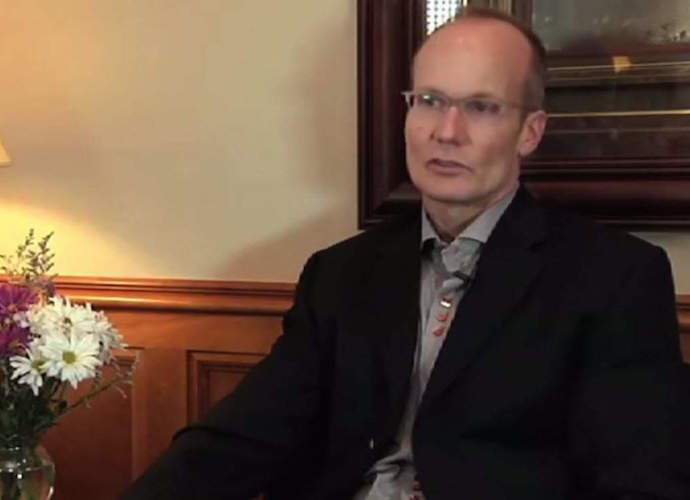Walter Palmer, Cecil The Lion’s Killer, Returns To Work At Dental Practice
Walter Palmer, the Minnesota-based dentist who killed the beloved lion named Cecil, returned to work at his practice Tuesday.
Walter Palmer Goes Back To Work
Palmer, in his lone interview with the media, explained his reasoning for resuming his duties at the dental practice as he remains at the center of the hunting scandal.
“I have a lot of staff members at River Bluff Dental. I’m a little heartbroken at the disruption in their lives, and I’m a health professional,” Palmer told the Minneapolis Star-Tribune. “I need to get back to treating my patients,” the dentist continued. “My staff and my patients support me, and they want me back. That’s why I’m back. I’ll be coming back this week.”
Since July, when Palmer was identified as the man who hunted down Cecil, he has been on a leave of absence from his dental practice. Though he hasn’t been at work, Palmer says that he hasn’t been in hiding either, and has otherwise carried on normally.
“I’ve been out of the public eye, and I’ve been seeing family and friends,” he told the newspaper.
In early July, Palmer traveled to Zimbabwe, where, with the help of professionals, he lured Cecil outside of Hwange’s National Park before stalking the lion and killing him. After killing Cecil with hunter Theo Bronkhorst, Palmer skinned Cecil’s corpse and cut off the lion’s head.
Since news broke of the hunt, Palmer has maintained that his $50,000 hunting expedition was perfectly legal – at least to his knowledge.
“I hired several professional guides and they secured all proper permits. To my knowledge, everything about this trip was legal and properly handled and conducted,” Palmer said in a statement to the Minnesota Star-Tribune.“I had no idea that the lion I took was a known, local favorite, was collared and part of a study until the end of the hunt. I relied on the expertise of my local professional guides to ensure a legal hunt.”
Cecil’s death caused a swell of public outrage, as the lion was something of a celebrity at the Zimbabwean zoo. Furthermore, he was a participant in an Oxford University study on lion conservation.
RELATED ARTICLES
Get the most-revealing celebrity conversations with the uInterview podcast!









Leave a comment